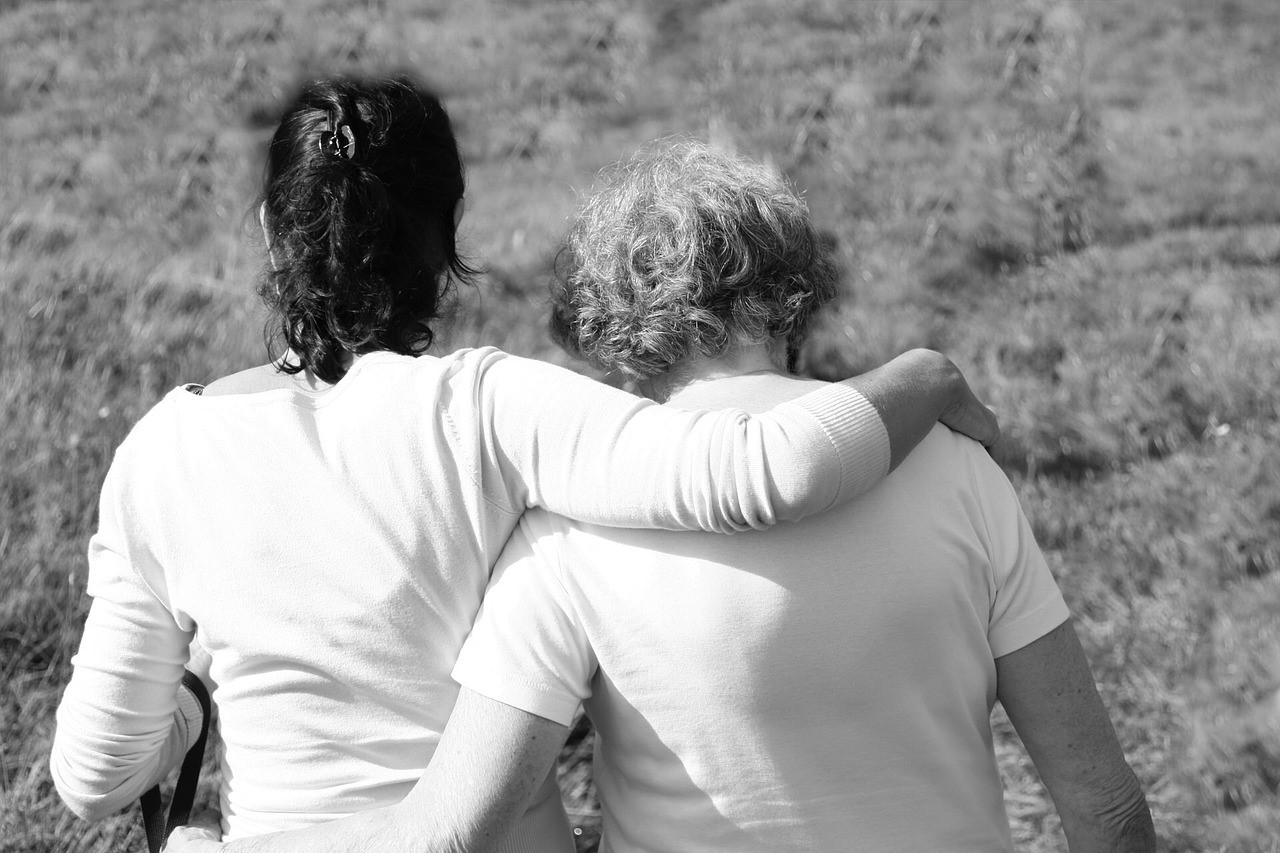A few years ago, a writer I’ve long admired published a book I recommend every chance I get. How to be a Friend to a Friend Who’s Sick, an important and relatable work by Letty Cottin Pogrebin, explores this essential yet often overlooked landscape with tenderness and humor. It reads like a guidebook, providing a helpful roadmap whenever individuals are called upon to lend support to a friend in crisis.
I wrote Passed and Present: Keeping Memories of Loved Ones Alive to enhance the capacity of readers to remember and celebrate the family and friends they never want to forget. But men and women across the globe have told me the book also makes a great gift – they give it to friends who are helping their friends navigate the pain of loss.
Like Pogrebin, I recognize most friends want to be useful when needed but frequently find it difficult to know what to say or how to act.
Here are two opportunities for helping a friend who’s lost someone he or she dearly loved. You can find 85 creative and inspiring ideas in Passed and Present.
Share a Story
Bring loved ones up in conversation. Doing so is unlikely to make your friend feel worse. Indeed, by never talking about the person who died you’re unintentionally denying your friend opportunities to keep their loved one’s memory alive.
Facebook COO Sheryl Sandberg and Wharton professor Adam Grant make a convincing case in their book, Option B: Facing Adversity, Building Resilience, and Finding Joy, that giving voice to traumatic events helps people feel less alone and more understood by others.
Use Technology
Put tech to work. Using your smartphone, set a calendar reminder for the dates most likely to be difficult for your friend – a loved one’s birthday, the anniversary of their death. This small step will remind you to send a supportive text or make a loving phone call on the days your friend may need you most.
Pogrebin has defined kindness as empathy plus action. In an interview with the Chicago Tribune, she summed up her point of view this way:
“If you are capable of truly feeling another person’s suffering and if you’ve made an effort to diminish or alleviate it, that person is going to experience your behavior as kindness — and in some small way it’s going to enhance their life and make them feel a little better. As far as I’m concerned, during stressful, painful times, what we most need from our friends — and anyone who crosses our path — is kindness.”


